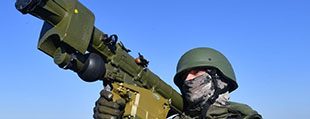Hassan Nasrallah: A Strategic Leader in Hezbollah’s Rise to Power
Hassan Nasrallah’s leadership of Hezbollah, beginning in 1992, marked a transformative period for the organization, positioning it as a dominant force in Lebanese politics, as well as in the broader Arab-Israeli conflict. Nasrallah took the reins after the assassination of his predecessor, Abbas al-Musawi, in an Israeli airstrike, and quickly set about turning Hezbollah from a relatively small militant group into a formidable military and political organization. Under his leadership, Hezbollah significantly expanded its military capabilities and political influence, becoming one of the most powerful non-state actors in the Middle East.
This article provides an in-depth examination of Nasrallah’s rise to power, his strategic approach to military conflicts with Israel, and the broader implications of Hezbollah’s evolution under his leadership. It also explores key military operations, ceasefires, and prisoner exchanges that cemented Nasrallah’s status as a central figure in the region

